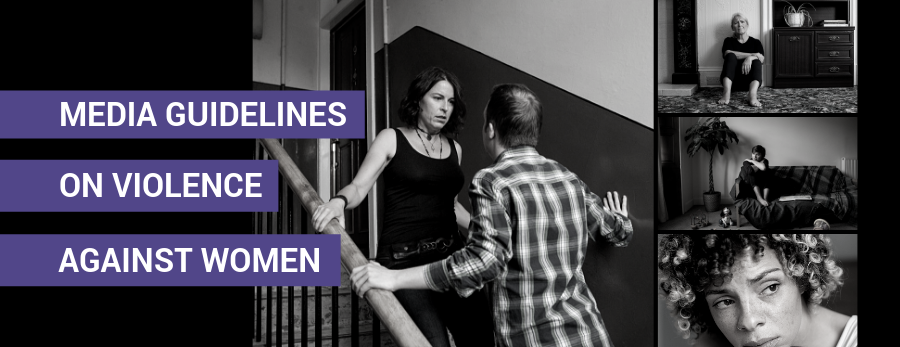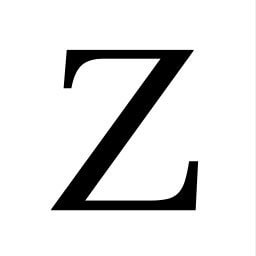Creating the guidelines

Why is this important?
“To end men’s violence against women and children and to save their lives, the way we report this violence must change. In every report, there was speculation that the prospect of divorce ‘drove’ our father to murder. When stories try to find a 'reason' in this way they are complicit in a culture which perpetuates these crimes by excusing the perpetrator of blame. Men’s violence against women and children is caused by men's choices. Reporting must reflect this.”
Luke and Ryan Hart, Coercive Control Awareness Campaign, @CoCoAwareness
“How we frame stories about violence against women is so important. Violence against women is not caused by drink, drugs, provocative outfits, mental health issues, stress, money problems or infidelity. It is caused by men. That is the story that we need to tell.”
Anna Burnside, Feature Writer, Daily Record
“It is not about dictating how a story should be written, but recognising that too often language is still being used to trivialise and sensationalise – when it can have the power to help change attitudes in society.”
Judith Duffy, Political Editor, Sunday Post
“Responsible media reporting is vital in shaping people’s understanding of violence against women and challenging its place in our society.”
Jude Henderson, Zero Tolerance, Chair of the Board
“Journalists play a crucial role in society – and never more so than when reporting on violence against women. What our members write matters. It has the ability to shape the narratives around violence against women. It helps those experiencing this violence realise what is happening to them – and where they can seek help. And it helps remind society in general that the blame for violence only ever lies with those who perpetrate it.”
John Toner, National Organiser for Scotland, National Union of Journalists.
How we created the guidelines
These guidelines were creating in collaboration with journalists for journalists as well as expert organisations.
We would like to thank everyone who gave their time to the project:
Ghizala Avan, Nyla Khan, Shruti Jain, Karen Boyle, Natasha Hirst, Peter Swindon, Anna Burnside, Nick McGowan-Lowe, Libby Brooks, Anni Donaldson, Sallyanne Duncan, James Heale, Amina: The Muslim Women’s Resource Centre, Rape Crisis Scotland, Engender, Scottish Women’s Aid, We Can’t Consent to This Campaign, and others involved in consultation, content creation, and feedback who would rather remain anonymous.
We would also like to thank the Scottish Government for supporting this project.



